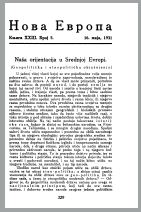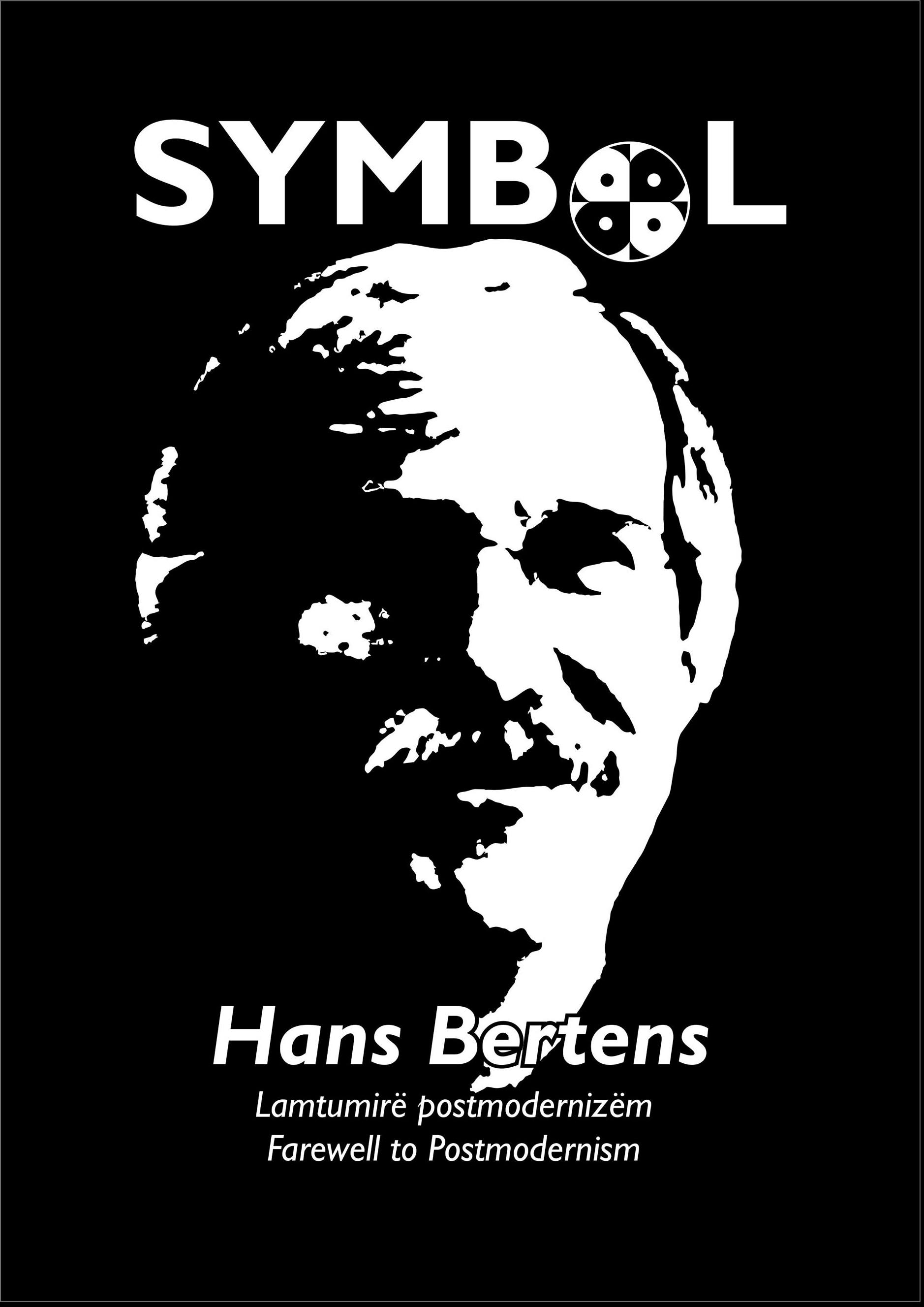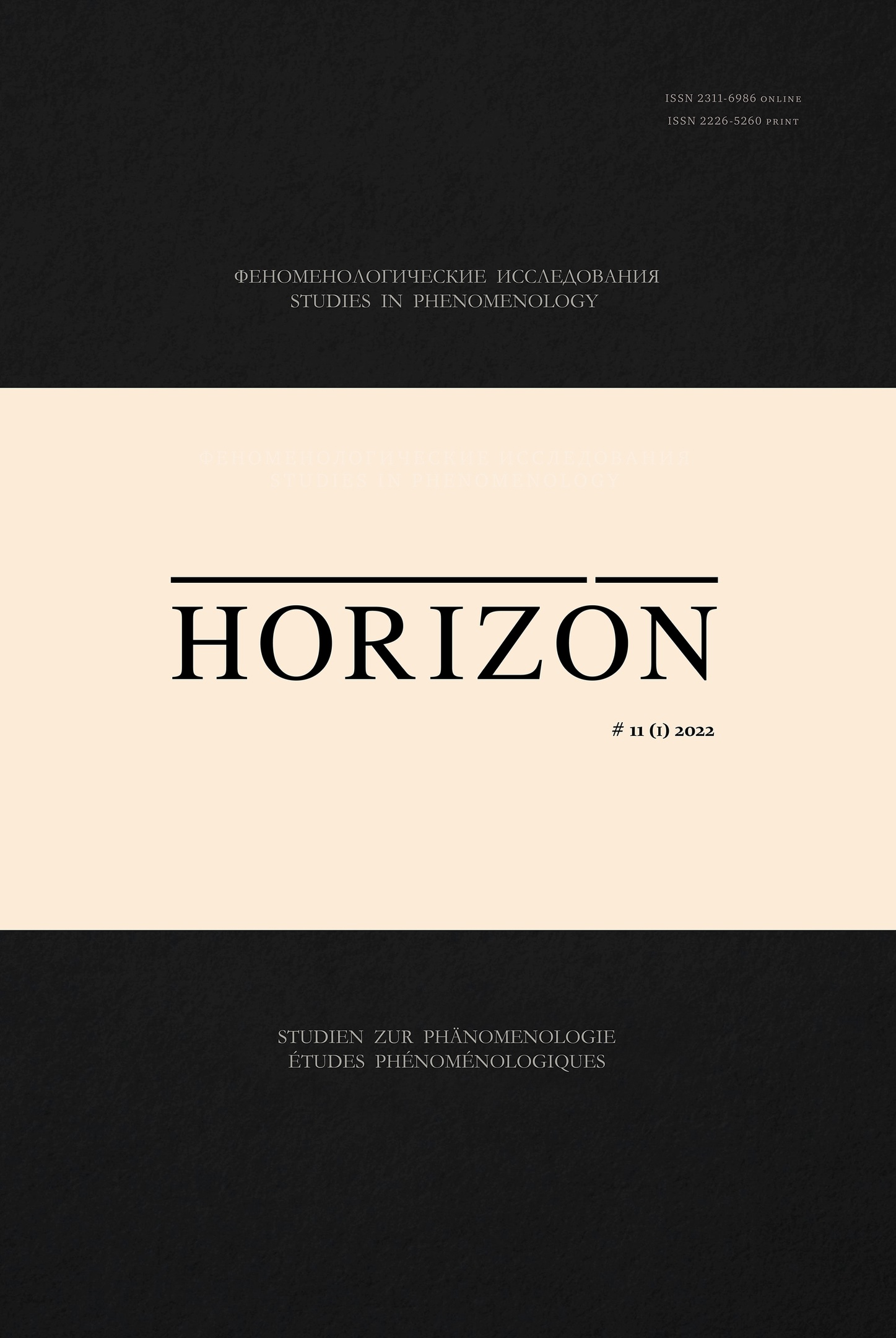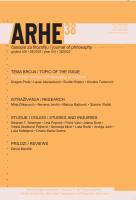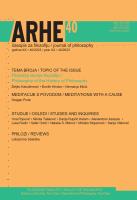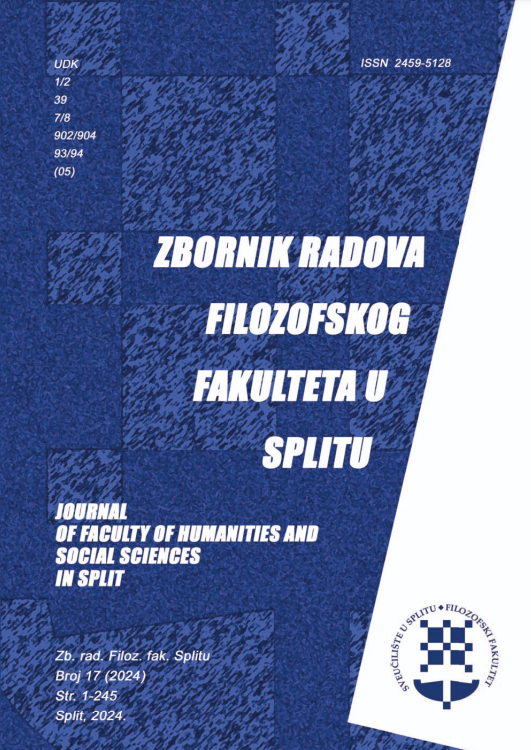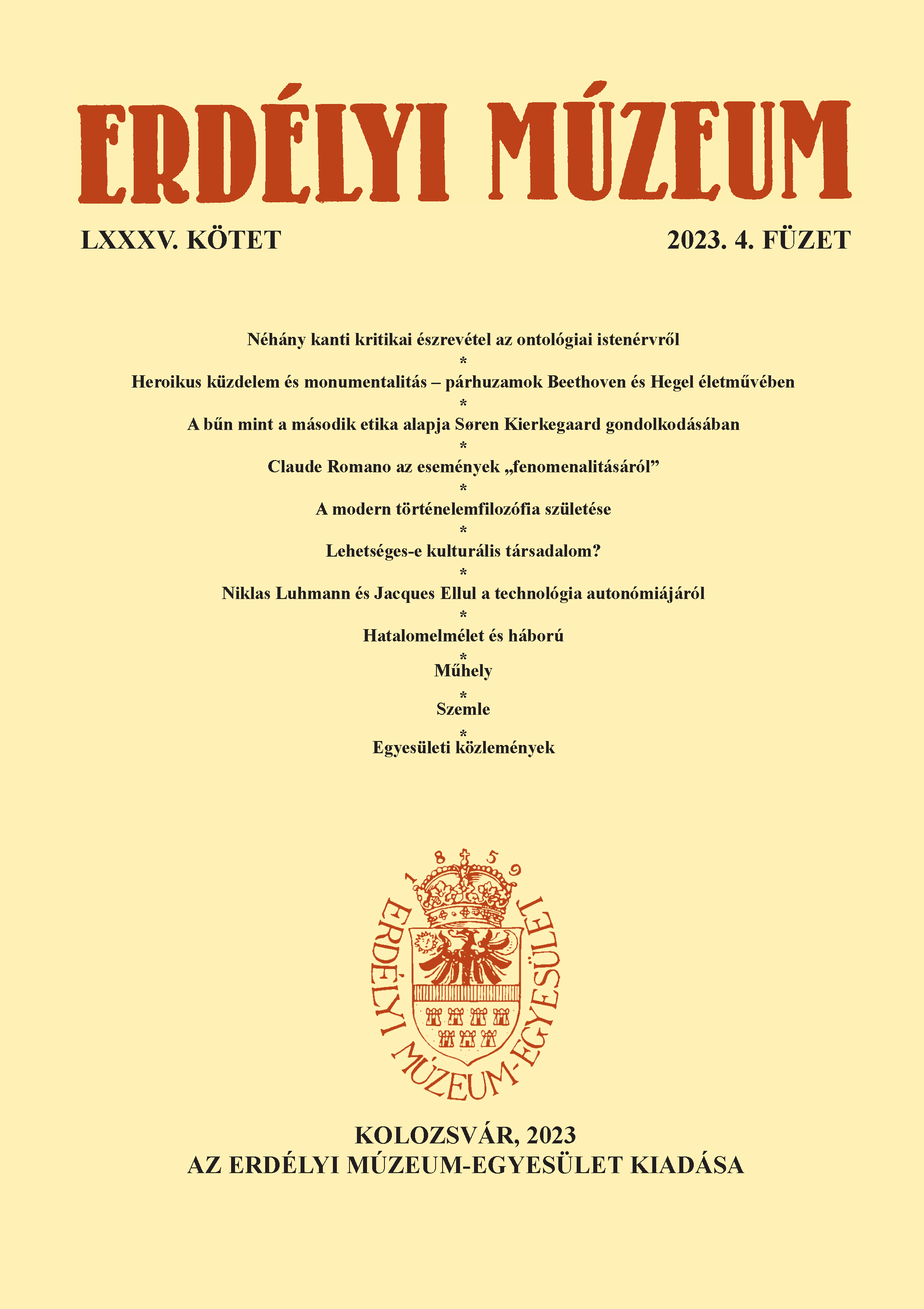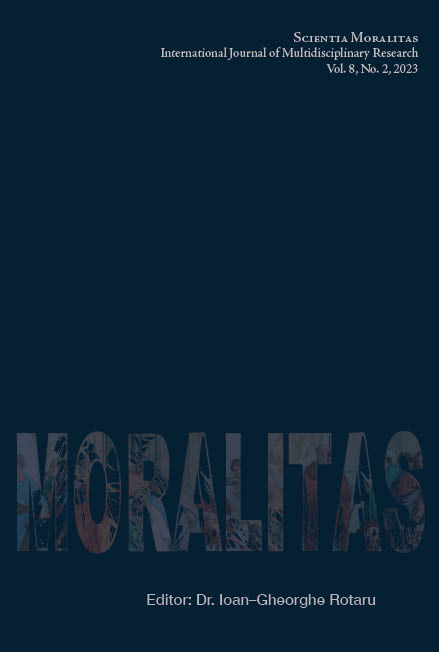Author(s): Carla Ioana Ana Maria Popescu / Language(s): English
Issue: 2/2023
There is no freedom, in absolute value, in the sense of unconditional possibility, without reality and reality without causality. Nature does not present itself as a realm of freedom, but as a vast melting pot of causality, operating on the principle of continuous endogenous and exogenous conditioning. Every phenomenon derives from another phenomenon and not from a noumenon. In this immense chain of causalities, it seems that there is no place for freedom either as a thing in itself or as a phenomenon. The phenomenon exists in nature, it is part of the nature of things and its laws, as well as of human sensibility, the noumenum is part of reason, of the thing itself, of divinity and even of the immortality of the soul, an idea so dear to man, who lives both in the empirical, that is, in the sensible, in the universe of things, of phenomena, that is, in the law of nature, of causality, and in the rational, that is, in the world of thought, of faith, of reason, of the thing itself, of the noumenum. In vain shall we seek the sources of freedom in the laws of nature. Nature does not operate according to the principles of freedom, but according to those of causality. This issue has been - and still is - debated at length in the human world. So entrenched and, at the same time, so fluid, so uncertain, has this debate been implemented in the science and art of thought, which may be a possible fragment of the ongoing definition of philosophy and its place in the world, that no one today is bothering with it anymore. There are other more pressing and handier things to do on planet Earth and in the Universe. And yet, man lives not only in the empirical universe, in the sensitive universe, but also in the universe of thought, of reason, of will, not only in the real, identifiable, cognizable universe but also in the rational, virtual, transcendental universe, in the universe of knowledge, of desire and of the capacity to create, to produce cognition. Here, in this rational and voluntary modus vivendi of human beings, which has, in its essence, as a necessary determination, research, discovery, the world of concepts, reflection and thought finds its sources of freedom. It follows that it too is conditioned.
More...
